R&D projects
Research Areas
Understanding the vital importance of continuous progress, research, and innovation is deeply ingrained in our culture. It's a state of mind that fuels our team and propels our business.
Our dedicated R&D department, registered with the Slovenian Research And Innovation Agency (ARIS), spearheads a wide range of collaborative projects in areas as diverse as HPC, complex applications, Big Data, and AI, across multiple sectors, from tourism to the health sector. Our work serves as a foundation for a wide array of scientific and technological verticals.
The largest
private-owned HPC provider in Central Europe
500+
years of combined experience.
50+
research and innovation projects over the last 15 years.
Top 20
Research institution in Slovenia.
Projects

ARIS RP
Slovenian Research Agency CRPVersatile AI-Driven Robotic System for Plant and Produce Management

PHOENIX 4.0
COSMEResilient Ecosystem for Empowering Tourism SMEs
FFplus (Fortissimo Plus)
Digital Europe ProgrammeDriving SME and Startup innovation by unleashing the potential of HPC and generative AI
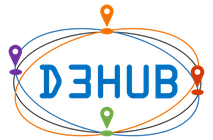
D3HUB
EISMEATourism of Tomorrow Data-Driven Destinations Hub

Cross Re-Tour
COSMEBreaking silos in the tourism industry: cross domain open innovation supporting the twin transition for SMEs
Excellerat P2
Horizon EuropeThe European Centre of Excellence for Engineering Applications
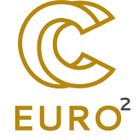
EuroCC 2
Digital Europe ProgrammeEuroCC 2

CLASSICA
Horizon EuropeValidating AI in classifying cancer in real-time surgery.
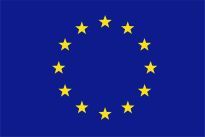
LLMs4EU
Digital Europe ProgrammeLarge Language Models for the European Union
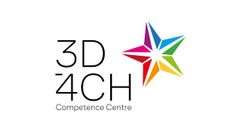
3D-4CH
Digital Europe ProgrammeOnline competence centre in 3D for Cultural Heritage
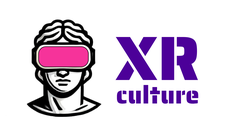
XRCulture
Digital Europe ProgrammeeXplore & Reuse 3D cultural heritage within the Data Space
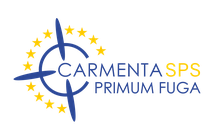
CARMENTA PF
European Defence FundCARMENTA PRIMUM FUGA

TREADS
Erasmus+Tourism Resilience Education in Digital Security

DEPLOYTOUR
Digital Europe ProgrammeDeployment of a trusted and secure Common European Tourism Data Space

CRP FRI DataAct
Slovenian Research Agency CRPDevelopment of a model of indicators for measuring the effectiveness of the implementation of the Data act in data spaces
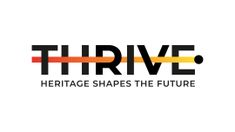
THRIVE
Creative Europe ProgrammeTalent Harvest: Rural Intangible Heritage and Value Empowerment

SEISMEC
Horizon EuropeSupporting European Industry Success Maximization through Empowerment Centred development

Enact
Horizon EuropeAdaptive Scheduling and Deployments of Data Intensive Workloads on Energy Efficient Edge to Cloud Continuum
SECreTour
Horizon EuropeSustainable, Engaging and CREative Tourism as a driver for a better future in rural and remote areas

Inclusive Border Cycling
Interreg Danube Transnational ProgrammeInclusive Border Cycling - Social inclusion by valorising heritage along existing cycling routes in remote border areas

NOUS
Horizon EuropeA catalyst for EuropeaN ClOUd Services in the era of data spaces, high-performance and edge computing

Web3Tour
Creative Europe ProgrammeWeb 3.0 Accelerator for Sustainable Cultural Tourism

TEMS
Digital Europe ProgrammeTrusted European Media Data Spaces

SUPOP
Slovenian Research Agency CRPDeveloping a methodology and a web-based solution to assess maturity and promote the use of open data in the Slovenian economy
AI4VET4AI
Erasmus+AI-powered Next Generation of VET
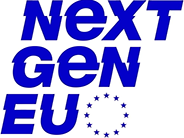
R-NEA-SV
NextGenerationEUDevelopment of low-emission household appliances and verification systems
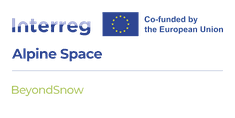
Beyond Snow
Interreg Alpine SpaceEnhancing the Resilience of Alpine Space Snow Tourism Destinations and Communities to Climate Change
DIGI-SI
Digital Europe ProgrammeDigital emergency response for Slovenia
AgriNext
Erasmus+Agricultural and rural excellence Incubator and Platform for the Exchange of competencies
